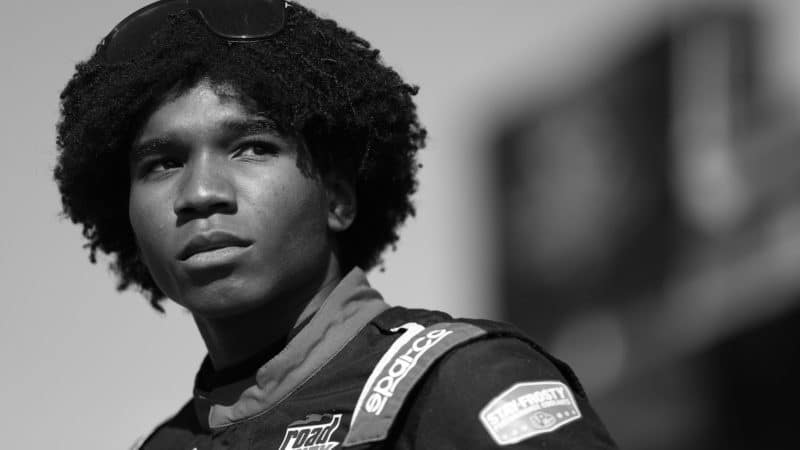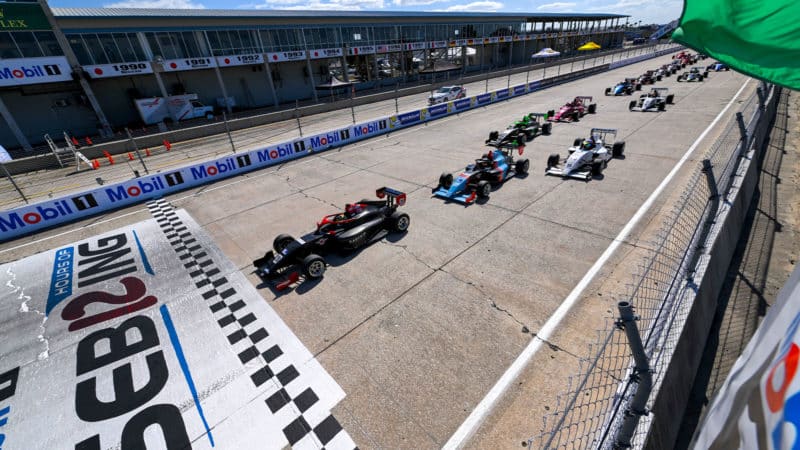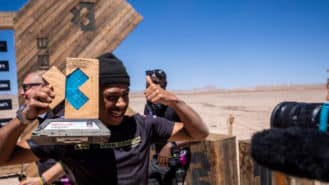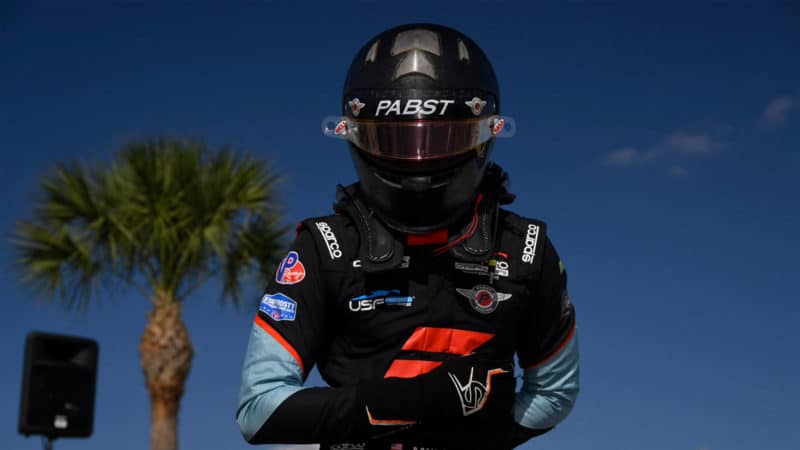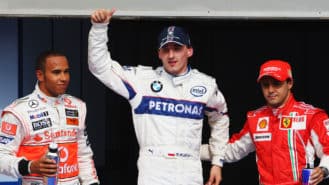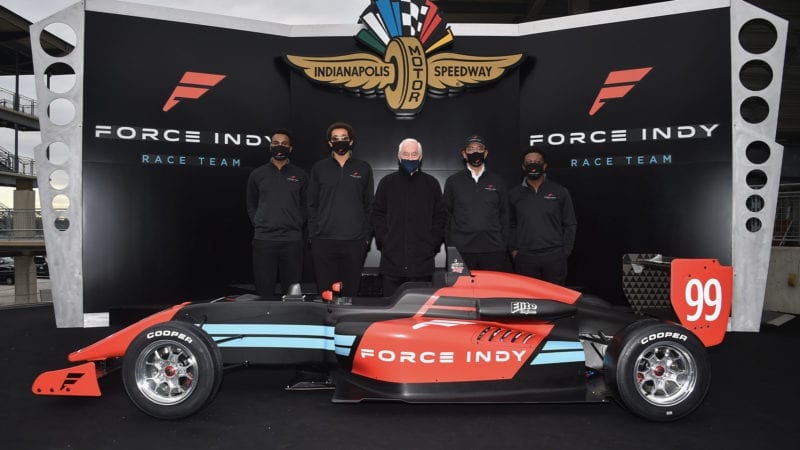“I’m gonna go out on a limb and say when he gets to IndyCar, I think he’s going to bring an audience that has not looked at motor sports before, both black and white. Just because of who he is, and in a way Willie T Ribbs was not able to do because of the challenges of the time – a lot of people don’t know about Wille, in the black community in particular.
“Along with the support that Myles is getting from us, I think we can actually start to make a cultural shift in the black community.”
Despite this impossible-to-ignore talent, Rowe can’t bring about the change entirely by himself. Reid believes that more action needs to come from within the IndyCar paddock.
In spite of Penske’s ‘Race…’ initiative, he asserts people from ethnic minority backgrounds still face significant challenges to get into top level US motor sport, and that some teams aren’t prepared to take on the fundamental changes to make it happen.
“I know that there have been efforts on the part of IndyCar to talk to teams about their diversity – there’s no specific diversity initiative on the team side [currently], but I didn’t get a sense that there was a lot of interest.

Dicing for the win with Sam Sikes (car 19) at Barber in 2022
USF2000
“But there is a consciousness out there, this is an important thing. Certainly Jimmy McMillan, chief diversity officer at IMS, he’s preaching all the time about the positive aspect of it.”
Reid says that over in Formula 1, Lewis Hamilton’s push for more diversity in motor sport has had effects both good and bad on IndyCar.
